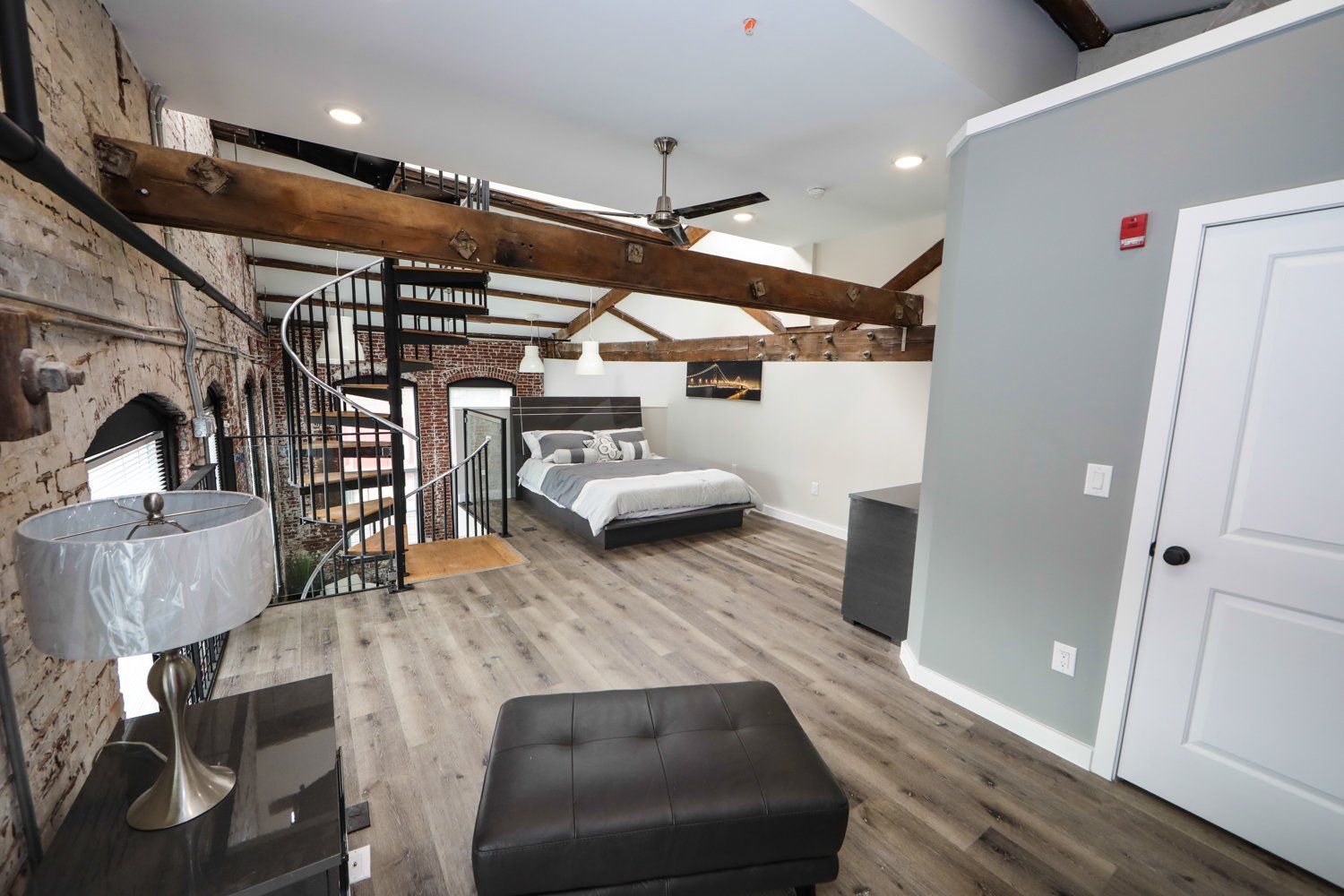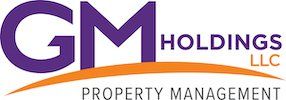What Are The Pros And Cons of Renting Versus Owning?

The US has seen property values increase by 30% over the past two years, which is ideal for some and a significant hurdle for others.
As with any substantial jump in real estate prices, an overarching question revolves around whether buying or renting is better in today’s landscape. In this article, we’ll examine the pros and cons of buying and renting, and from there, you can decide which option might work better for you.
An Overview of Renting
Somebody might flippantly tell you that you’re throwing money away by renting. That’s not always the case, as you must live somewhere and always pay for such a privilege.
In fairness to the naysayers, you don’t build equity by paying monthly rent. At the same time, not all homeownership costs build equity.
Additionally, renting allows you to plan your budget monthly. After all, you’ll know your housing costs in advance since it’s on your lease. You might also need to pay for storage utilities and homeowner association (HOA) fees if renting in a condo building.
You could face increases when it’s time to renew your lease. Your increase will be more significant if you live in a more expensive, desirable area. However, some places have rent control and ceilings, limiting a landlord’s ability to add to your rental expenses.
When renting, you can move at the end of your lease. Yet, renting could also lead to you being forced to move if your landlord sells or converts your apartment into condos. Or, your landlord could skyrocket your rent to a price you can’t afford.
Pros of Renting:
- Despite needing to pay first and last month’s rent, you’re paying less upfront to rent than to own.
- Your landlord–for the most part–is responsible for repairs, meaning they cost less than homeownership.
- You have more freedom to move if you have any changes in your life than if you own a home.
Cons of Renting:
- You don’t compile equity or make money on an investment.
- You don’t have the freedom to decorate and design as you please.
- You’re subject to rent increases if you don’t live somewhere with rent protection.
An Overview Of Homeownership
Owning a home means you can feel stable and have pride in ownership. You can also decide on its design and overall appearance.
Since real estate is an illiquid asset, deciding to move from a home you own is a costly prospect.
It can be challenging to sell when you want. It can be equally challenging to sell at your desired price if the market is at a low point. Then, provided the housing market is up, you still face high transaction costs when selling.
Even if your mortgage payment is lower than somebody’s hypothetical rent, overall homeownership costs eclipse renting. You’ll be saddled with at least a few of the followings costs as a homeowner:
- Property taxes
- Water and sewer service
- Homeowners insurance
- Tree trimming
- Pest control
- Earthquake insurance (if necessary)
During the early years of a long-term mortgage, interest can comprise almost all of your monthly payments. To that point, it can take up to 13 years before you’re paying toward the principal balance in a 30-year home loan. However, some of those costs can be recouped in tax deductions.
Repairs and maintenance costs can also set you back. For instance, replacing a roof can cost an extra $12,000 to replace a roof if it’s not covered under your home insurance policy.
Pros Of Homeownership:
- A home is an investment you can make money on in the long run (as homes tend to appreciate over time).
- Putting more money down now gives you better mortgage terms.
- You can design and decorate your house as you please.
- You can rent your home to pay your mortgage or earn a profit.
Cons Of Homeownership:
- It costs exponentially more upfront to own a home versus renting.
- Homeownership involves more expenses than renting (e.g., insurance, repairs, and maintenance).
- You must navigate fluctuating home prices when you want to sell.
Other Differences To Consider With Homeownership And Renting
New Paragraph





